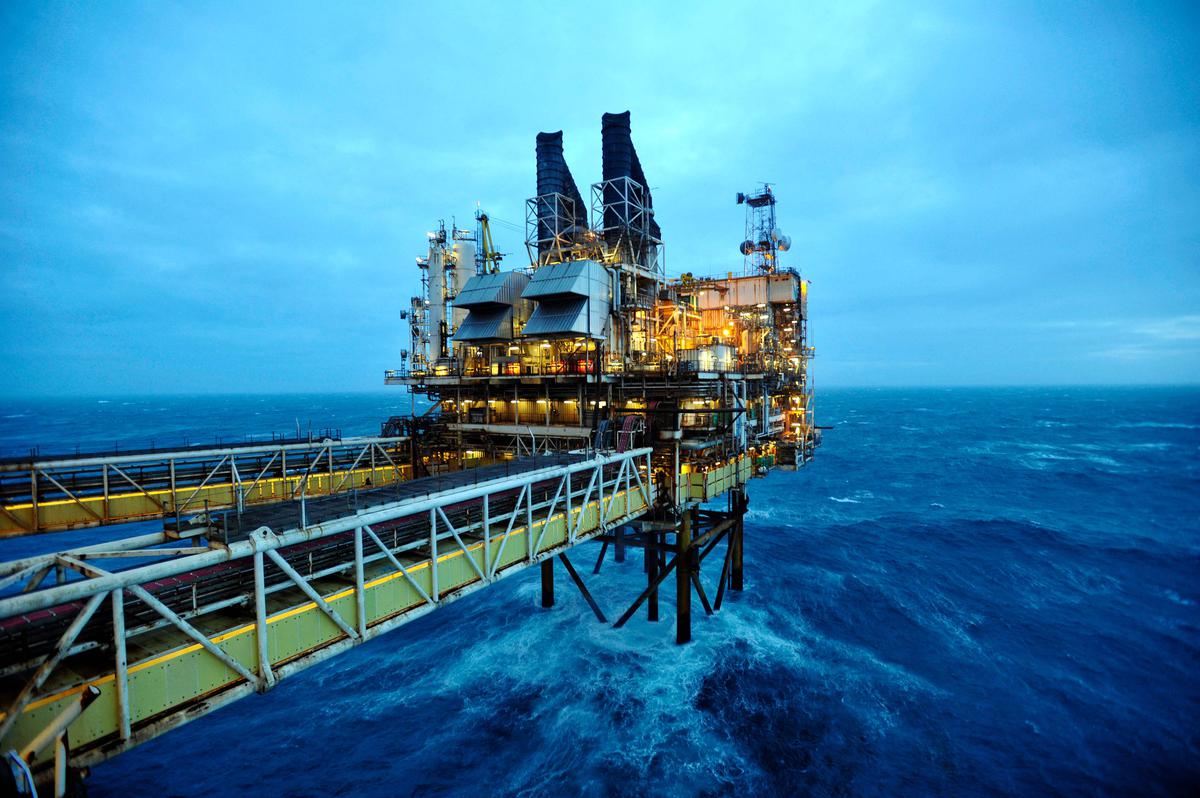- The recent approval by the Prime Minister of the United Kingdom of plans for new fossil fuel drilling off the coast of the United Kingdom has prompted a discussion among environmental specialists.
- In the context of global concerns about climate change, the decision calls into question the country’s commitment to sustainability as well as its impact on climate goals.
- Origins and Legislation of North Sea Drilling: The history of drilling in the North Sea extends back to the 1958 Geneva Convention on the Continental Shelf, which established the framework for exploration in the region.
- Continental Shelf Act: The Continental Shelf Act, enacted by the United Kingdom Parliament in 1964, established the country’s authority over oil and gas resources beneath the seabed.

Milestones and Concerns in Drilling
- Early Exploration and Challenges: In 1964, British Petroleum (BP) received the first exploration licence, which led to the discovery of natural gas the following year.
- Forties Field finding: BP’s groundbreaking commercial oil finding in the Forties Field in 1970 was a watershed moment.
- Expanding Operations and Safety Upgrades: In the years that followed, there was a rise in exploration activities and the installation of oil platforms. The 1988 Piper Alpha crash triggered critical safety modifications.
Concerns and Justification
- Position of the Government: The administration explained the action in an official statement as a strategy to increase Britain’s energy independence.
- Environmental Concern: Environmental scientists, on the other hand, are concerned, especially considering the worldwide push to avert irreversible climate change.
Offshore Licencing and the North Sea Transition Authority
- The North Sea Transition Authority (NTSA) is in charge of regulating the oil, gas, and carbon storage industries.
- The NTSA is now undertaking the 33rd offshore oil and gas licencing round, with the goal of awarding more than 100 licences.
- Timing and Prizes: The first licences are expected to be awarded in the autumn, allowing drilling operations to expand further.
Changing the Geopolitics of Energy Dependence
- Concerns About Energy Security: The Prime Minister emphasised the importance of indigenous oil and gas sources, despite the country’s goal of reaching net-zero emissions by 2050.
- Strategic Implications: The decision is framed as an attempt to lessen dependency on oil and gas imports, which may come from potentially adverse sources.
Concerns about the environment and the effects of climate change
- Negative Environmental Impacts: Offshore drilling endangers workers, marine habitats, and climate health. It contributes to ocean warming and rising sea levels, as well as endangering marine biodiversity.
- Impact of Carbon Pollution: Carbon pollution in the oceans adds to acidification, harming coral reefs and shellfish.
Evaluating UK’s Climate Commitments
- Climate Change Committee Report: The Climate Change Committee (CCC) identified flaws in the United Kingdom’s climate change preparedness under the National Adaptation Programme.
- Implementation of Adaptation Measures: The CCC’s study revealed a lack of considerable implementation of adaptation measures to address climate threats.
- Inconsistent with the Paris Agreement: According to the Climate Action Tracker, the United Kingdom’s climate action is not entirely aligned with the Paris Agreement.
- Long-Term Goals: The United Kingdom’s NDCs and long-term goals do not reflect a fair share of global efforts to combat climate change.
- Incompatibility with Limits: Licencing new oil and gas extraction plans defies the Paris Agreement’s 1.5°C temperature rise limit.
Source: https://www.frontiersin.org/articles/10.3389/fenvs.2016.00058
